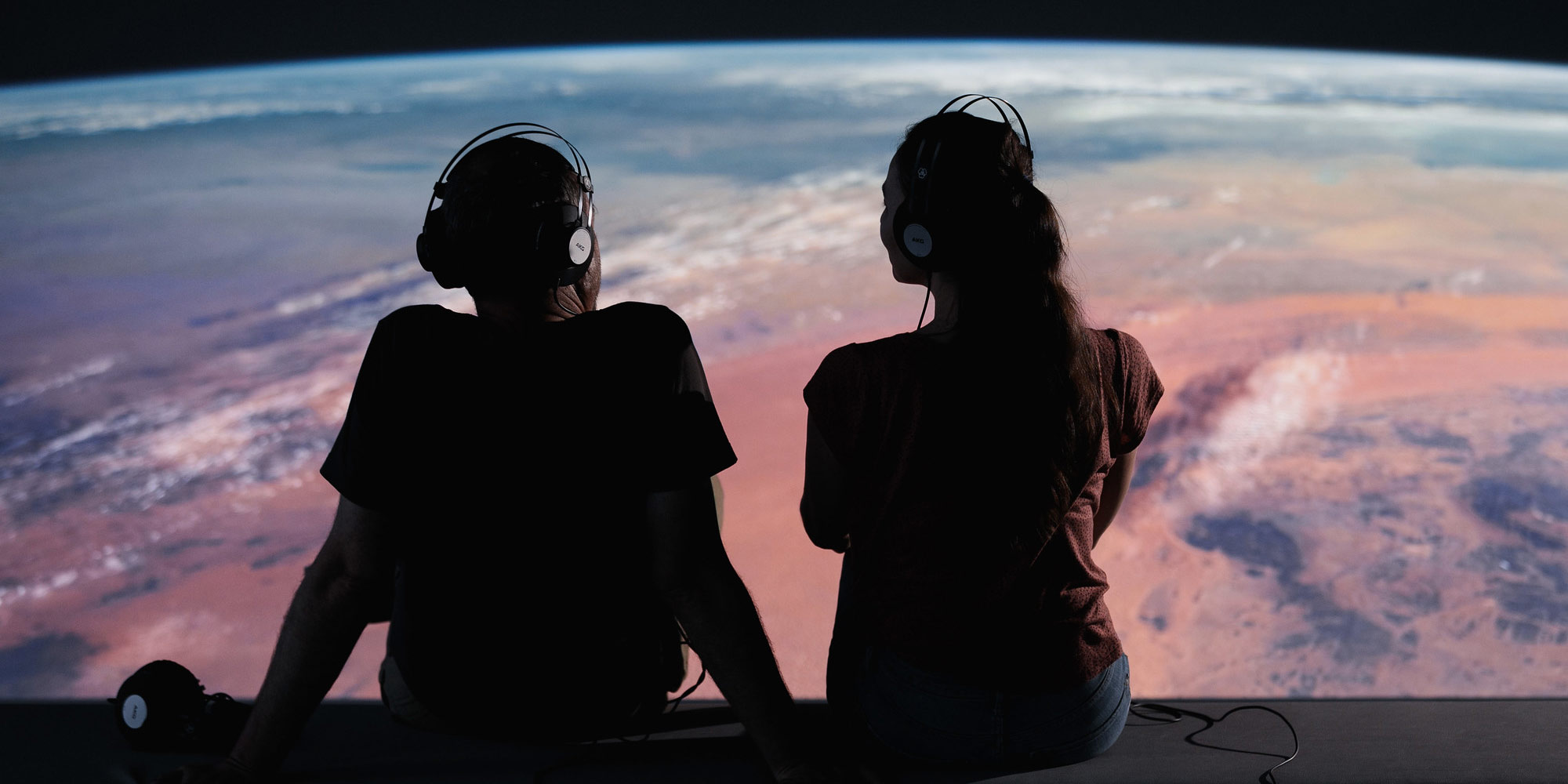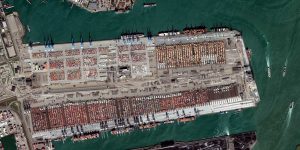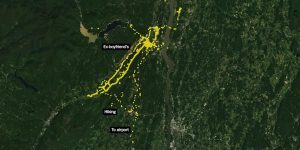Humans have made far-reaching changes to the natural living environment for their own purposes. Apart from the concrete wastelands and the refuse we produce, there are many other examples that testify to this. But it hasn’t always been that way.
The current age, the holocene, has lasted about 11,700 years. Only with the onset of the industrial revolution in the 18th century did the influence of humans on our environment increase significantly. The drastic changes that occurred during this relatively short time span led to the coining of the epochal term “anthropocene”: the age in which human actions became the most significant factor for biological, geological, and atmospheric changes.
What role does our technological progress play here? Today, it not only extends throughout the earth—it also reaches into space with satellite and space-travel technologies. Often, we are not even conscious of how much technology determines our modern everyday life. How many of us think each time we look at our smartphone about what data we are disclosing or how many technical components actually lie behind the screen? The effects of various technological achievements on our society often become controversial and are passionately discussed in the public realm. That makes it even more important for everyone to form their own, well-informed opinion. From the new digital infrastructure to satellite observation of the earth to the data that are collected on us every day, Global Shift shows an excerpt from the current conditions of our life.















